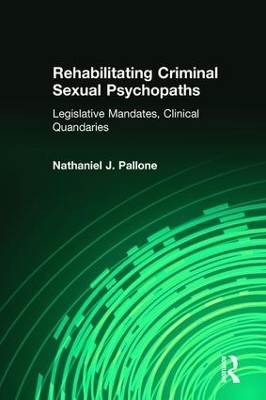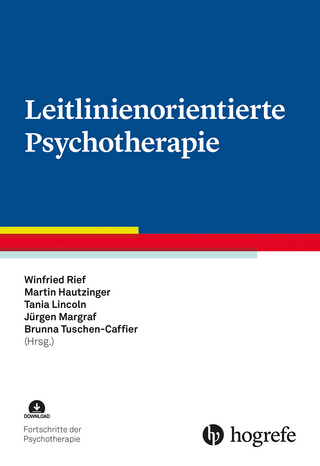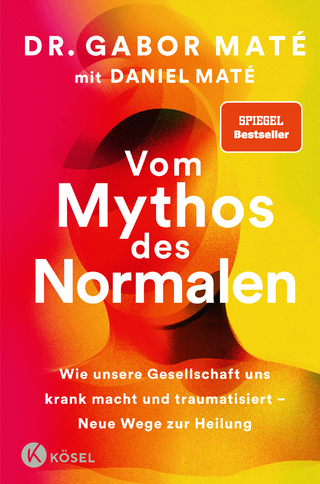
Rehabilitating Criminal Sexual Psychopaths
Legislative Mandates, Clinical Quandaries
Seiten
2018
Routledge (Verlag)
978-1-4128-6533-3 (ISBN)
Routledge (Verlag)
978-1-4128-6533-3 (ISBN)
More than half the states in this country have legislation on sex offenders that distinguishes between those whose offense is incidental to other offenses ("felony" sexual offenders), and those who engage in "repetitive, habitual, or compulsive" sex offenses ("criminal sexual psychopaths"). This second category is the subject of this book
More than half the states in the US have legislation on sex offenders that distinguishes between those whose offense is incidental to other offenses ("felony" sexual offenders), and those who engage in "repetitive, habitual, or compulsive" sex offenses ("criminal sexual psychopaths"). This second category is the subject of this book. The legislation specifies that criminal sexual psychopaths must be treated, not punished. But treatment is problematic; the literature on various approaches finds uncertainty about the effectiveness of treatment. Pallone asks the difficult question of whether there is a prospective right to effective treatment, and notes the political and ethical questions involved in potentially more effective "Clockwork Orange" approaches. The ethical burden on mental health clinicians is heavy; despite the fact that the category "sexual psychopath" is essentially a legal, not a psychiatric, category, judges tend to follow professional recommendations as to categorization. Pallone emerges with some surprising but convincing conclusions. If the distinction between felony and psychopathic sexual offending is essentially empty, as the profession feels it is, it should be abandoned. All criminal sexual offenders should be punished, except those who opt for treatment and who are certified by mental health professionals as likely to benefit. And for those few so identified, society should be prepared to commit significant resources to their treatment. This speculation on the past, present, and future of criminal sexual deviation comes from a psychologist with a broad command of the literature and deep professional experience in the area. Combining a broad-ranging overview of the legal, criminological, and psychiatric literature on these questions, Rehabilitating Criminal Sexual Psychopaths raises important questions. Legal experts, criminologists, mental health professionals, and all those concerned with public policy will find it significant.
More than half the states in the US have legislation on sex offenders that distinguishes between those whose offense is incidental to other offenses ("felony" sexual offenders), and those who engage in "repetitive, habitual, or compulsive" sex offenses ("criminal sexual psychopaths"). This second category is the subject of this book. The legislation specifies that criminal sexual psychopaths must be treated, not punished. But treatment is problematic; the literature on various approaches finds uncertainty about the effectiveness of treatment. Pallone asks the difficult question of whether there is a prospective right to effective treatment, and notes the political and ethical questions involved in potentially more effective "Clockwork Orange" approaches. The ethical burden on mental health clinicians is heavy; despite the fact that the category "sexual psychopath" is essentially a legal, not a psychiatric, category, judges tend to follow professional recommendations as to categorization. Pallone emerges with some surprising but convincing conclusions. If the distinction between felony and psychopathic sexual offending is essentially empty, as the profession feels it is, it should be abandoned. All criminal sexual offenders should be punished, except those who opt for treatment and who are certified by mental health professionals as likely to benefit. And for those few so identified, society should be prepared to commit significant resources to their treatment. This speculation on the past, present, and future of criminal sexual deviation comes from a psychologist with a broad command of the literature and deep professional experience in the area. Combining a broad-ranging overview of the legal, criminological, and psychiatric literature on these questions, Rehabilitating Criminal Sexual Psychopaths raises important questions. Legal experts, criminologists, mental health professionals, and all those concerned with public policy will find it significant.
Nathaniel J. Pallone (1935–2004) was University Distinguished Professor of Psychology at the Center of Alcohol Studies, Rutgers University. He served as editor-in-chief of the Journal of Offender Rehabilitation. His published works include Mental Disorder among Prisoners.
Preface. 1 Both Guilty and Mentally Ill: Topography of a Twilight Zone. 2 The Legislative Basis: Genesis of a Twilight Zone. 3 Criminally Deviant Sexual Behavior: Incidence and Sequelae. 4 Clinical Inclusionary Criteria and Their Uncertain Application. 5 Standard and Aggressive Methods of Treatment and Their Legal Constraints. 6 Exits: Differential Criteria and Pathways for Release. 7 Reprise: The Clinical Quandaries Revisited. References. Index
| Erscheinungsdatum | 06.07.2017 |
|---|---|
| Verlagsort | New York |
| Sprache | englisch |
| Maße | 152 x 229 mm |
| Gewicht | 204 g |
| Themenwelt | Geisteswissenschaften ► Psychologie ► Persönlichkeitsstörungen |
| Geisteswissenschaften ► Psychologie ► Sexualität / Partnerschaft | |
| Recht / Steuern ► Strafrecht ► Kriminologie | |
| ISBN-10 | 1-4128-6533-6 / 1412865336 |
| ISBN-13 | 978-1-4128-6533-3 / 9781412865333 |
| Zustand | Neuware |
| Informationen gemäß Produktsicherheitsverordnung (GPSR) | |
| Haben Sie eine Frage zum Produkt? |
Mehr entdecken
aus dem Bereich
aus dem Bereich
Buch | Softcover (2023)
Urban & Fischer in Elsevier (Verlag)
55,00 €
wie unsere Gesellschaft uns krank macht und traumatisiert – neue Wege …
Buch | Hardcover (2023)
Kösel (Verlag)
29,00 €


